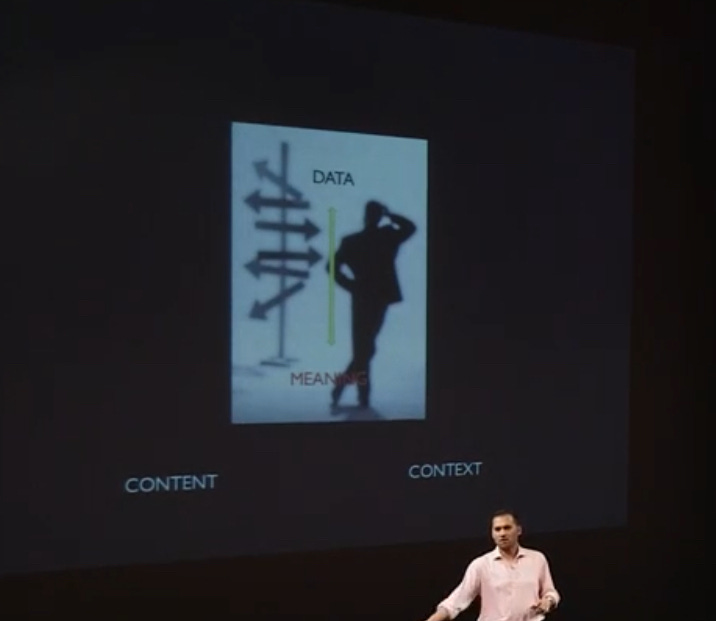When it comes to health, context is everything.
Why words, listening and individuality matter so much
Years ago I got a call from my son’s nursery. “Hi Dr Panja, sorry to bother you but I’m not sure Reuben’s feeling very well…”.
“Oh, OK, what’s happened?”
“Well, he looks a bit pale and… he’s gone all floppy…”
I hung up immediately and raced round to the nursery quick smart. The word ‘floppy’ to a doctor means collapsed or possible sepsis or someone who is very ill. Thankfully when I got there he was fine. It was a linguistic misunderstanding of sorts.
Then more recently a GP friend who does out of hours said a lady had been seen for pain across her middle and back with nausea after drawing her curtains. A paramedic crew saw her, diagnosed a sprain and advised paracetamol. She felt worse, started being sick and was admitted in the end for possible pancreatitis which is potentially life threatening.
The point is that something had got lost in translation in both these instances.
This is to do with inference and likelihoods based on words but there is another kind of ambiguity that sadly plagues medicine and healthcare, and that is the endless arguments around everything from statins to fibre and whether they’re helping to preserve you or in fact killing you.
I find it tiresome. Mainly because it’s not about absolutes. For instance there is a ton of evidence that fibre is good for us, our gut and immune health as well as longevity. But some people believe that plant based fibrous foods are toxic and inflammatory, causing them joint pains from the lectins and plant oxalates, finding that a carnivore diet works far better for them. And as we know, others swear by a vegan diet. Bully for you I say to them all. And that’s because there is no ‘best’ diet. They are individual. Of course there are some universally healthy foods and some unhealthy foods (fried ultra-processed stuff). What I’m saying is that apples are good for you, but not if you’re allergic to apples.
There isn’t enough decent research on ‘metabolic typing’ but one man’s meat really can be another man’s poison depending on our microbiome, genes and physiological responses. And we need to understand and acknowledge this better, particularly in medicine where we try so hard to look for evidence to back up our decisions.
Another common argument is around statins (which lower cholesterol) and whether people should be taking them. The data was quite mixed initially, but latest trials show that a statin will save about 1 in 25 heart attacks or strokes over 10 year period for those at higher risk (calculated as over 10% risk of a cardiovascular event over the next 10 years). But there is nuance around the types of cholesterol, the side effects of the drugs and ultimately what’s right for one person is not always right for the next.
If at least part of health is finding what is best for you personally, amid all the noise, then it’s important to put things into context. The question I always ask myself is “what does this actually mean?” which inevitably leads to another question.
We live in a world of infobesity. There is endless content and not enough context.
When it comes to health, things are only getting worse with a slew of private companies that offer random screening but then have not got the skills to interpret the test they sent you for and I don’t think AI is the answer. What do you think?




